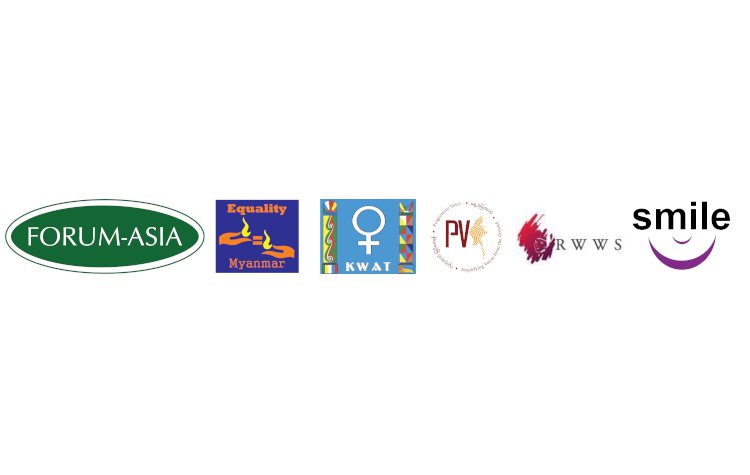28 June 2018
Yesterday at the 38th session of the UN Human Rights Council, the United Nations Special Rapporteur on the human rights situation in Myanmar, Ms. Yanghee Lee, proposed an international mechanism towards accountability that provides support for victims; investigates and documents violations, and prepares evidence for future criminal prosecution. The Special Rapporteur also urged the Human Rights Council to support efforts to investigate and prosecute those responsible for decades of alleged international crimes at the International Criminal Court.
The recommendations come as the Myanmar government and the military continues to fail in genuinely addressing serious international concerns, while refusing to cooperate with the Special Rapporteur and the UN mandated International Independent Fact-Finding Mission. It is hoped that the UN Human Rights Council will consider the Rapporteur’s proposal for a mechanism as an urgent initial step until a full-fledged international justice and accountability process can be established through the International Criminal Court (ICC) or through a mechanism set up by the UN General Assembly and its subsidiary organs.
With over 700,000 Rohingya fleeing the Myanmar military’s “clearance operations” in Rakhine State since 25 August 2017, now there are over a million Rohingya who have taken refuge in Bangladesh – as a result of systematic violations and persecutions by successive military regimes and governments. Accounts of mass gang-rape, torture and killings of Rohingya have recently seen heightened international attention, while ethnic minorities throughout Myanmar have for decades suffered similar systematic abuses by the Myanmar military which still continue with impunity.
In recent months, Kachin and northern Shan States have faced a worsening human right and humanitarian situation as serious allegations of gross violations, including mass atrocity crimes, continue to be reported. Over 120,000 civilians have been displaced in northern Myanmar since 2011, and more recently. Thousands of internally displaced persons (IDPs) in Kachin State were trapped in conflict zones and used as human shields and minesweepers while access to humanitarian aid remains blocked in many conflict affected areas. This has come alongside restrictions on civil society activities to monitor the situation and showing solidarity through peaceful assemblies. At least 47 human rights defenders were charged under the repressive Peaceful Assembly and Association law in central Myanmar, while three Kachin peace activists were charged with defamation allegations by the Myanmar military in Myitkyina, Kachin State for organizing peaceful protests demanding safe passage for IDPs. The Myanmar Government has not taken steps to end military offensives or provide much needed humanitarian aid and has even announced plans to close IDP camps in Kachin, Shan, Karen and Rakhine States.
A Memorandum of Understanding (MoU) for repatriation planning has been signed between the UN High Commissioner for Refugees (UNHCR), the UN Development Programme (UNDP) and the Myanmar government on 6 June 2018 – the details of which are yet to be made public. This process has lacked consultation and the involvement of Rohingya refugees and civil society organizations. The MoU must address the root causes of the crisis, particularly regarding the Rohingyas’ rights to citizenship and the recognition of their ethnic identity – issues which are embedded within Myanmar’s discriminatory 1982 Citizenship Law. Unless root causes are fully addressed and accountability and justice are established, a safe and dignified return of Rohingyas will not be possible.
Intolerance, violence, persecution, discrimination, and hatred against ethnic and religious minorities – mainly non-Buddhist and non-Burman Muslims and Christian minorities – have been on the rise throughout Myanmar. Recently, the Ministry of Cultural and Religious Affairs further restricts Islamic and Christian religious teachings by requiring teaching materials to be submitted to the Ministry for review. If the international community fails to act now it may be too late and any such action to be meaningful will have to include justice and accountability.
For more information contact:
- Iniyan Ilango, UN Advocacy Programme Manager, FORUM‐ ASIA: iniyan@forum‐asia.org
- Aung Myo Min, Director, Equality Myanmar: [email protected]
- Khin Ohmar, Chairperson, Advisory Board, Progressive Voice: [email protected]
- Myo Win, Smile Education and Development Foundation: [email protected]
- Seng Htoi, Kachin Women’s Association of Thailand: [email protected]
- Razia Sultana, Rohingya Women Welfare Society: [email protected]
For a PDF version of this statement, click here.




